Do you know the feeling that you terribly want to do something and are terrified by it? This is called growing, I guess, or unlocking your potential. It’s wonderful once you have taken this first step out of your comfort zone. This article is my first step: coming out as a gifted adult. Meet Patty Muffins.

It has been a rough as well as fascinating journey since I stumbled across the concept of ‘giftedness’ in the book The Highly Sensitive Person by Elaine Aron at the end of 2015 (she writes in one chapter about her experiences in a programme for gifted students).
After reading several articles and books from sources in German, French, and English and pondering for a while, I came to the conclusion that I could be ‘gifted’ or ‘gifted and talented,’ as they say in the UK.
In other words, I discovered at the age of 45 that I had been a kind of ‘ugly duckling’. I was eventually starting to figure out why I had been finding myself ‘somehow weird’ and ‘not fitting in’ most of my life.
I also realised to what extent I had mastered the art of camouflage. My skills as a chameleon had not been detected by many.
That was the shocking part.
On the good side, it started to dawn on me at the same time that most of my close friends (scattered all over the world) were ‘like this’, too.
An abstract concept like ‘giftedness’ manifests itself in many rather different unique ways…

The thing about the ‘fuss’
It took me quite some time to get to the moment when I pressed ‘publish’ on this article. Some close people asked me, “Why are you making such a fuss about it?” They said, “By now, people got it that you work with Bright Women.”
You’ll see more sentences in italics further down—and maybe they’ll speak to you in a way I don’t have to explain much more…
It’s one thing to say I work with bright or ‘extra intelligent’ people, and it’s another to say, “Hey, I’m one of them.”
(After all, I’m Swiss; we’re modest, hardworking, high-quality seeking compromisers who respect minorities – standing out is NOT something that is valued or encouraged!)
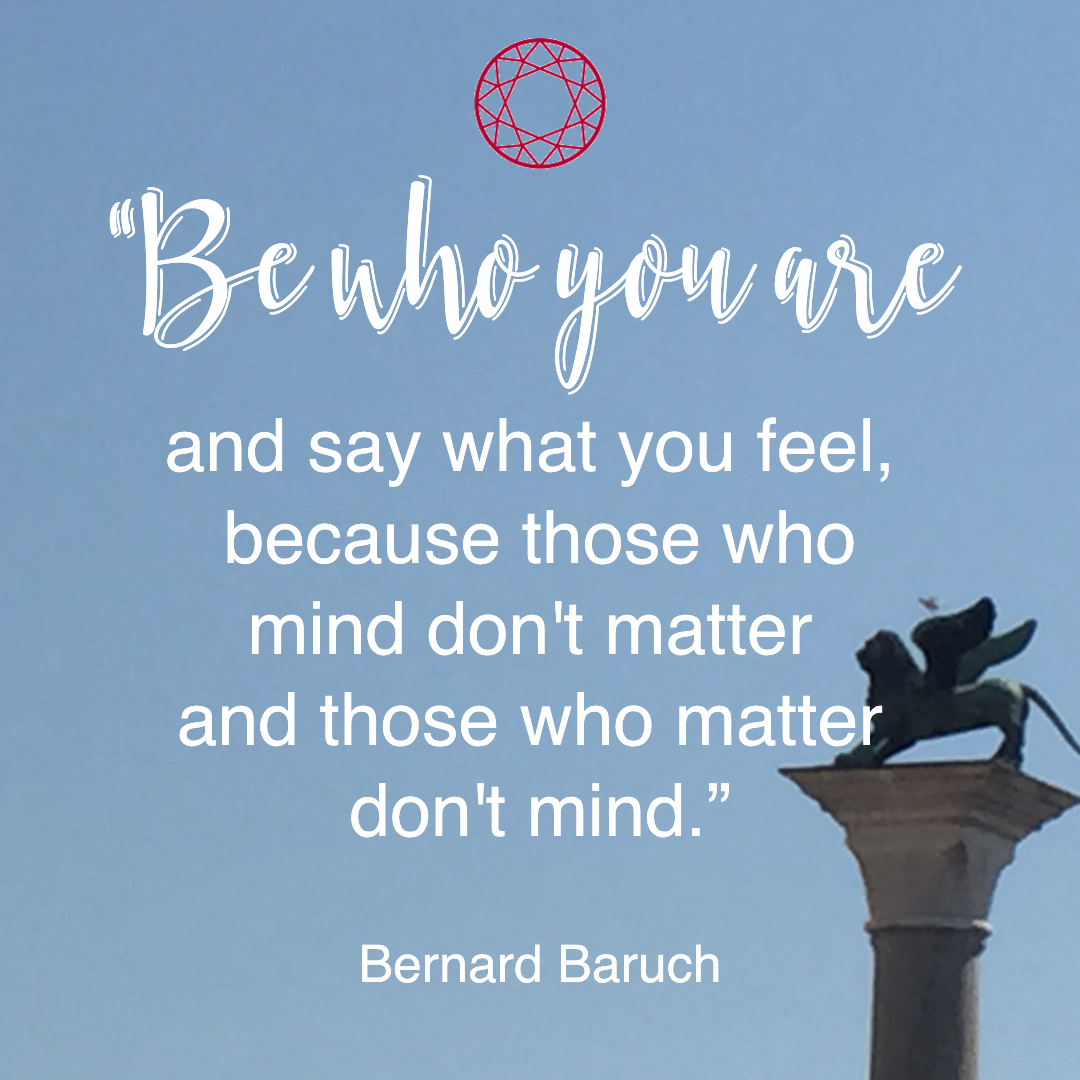
When the seed of doubt was planted, I started researching the concept of ‘giftedness’. I now know that, typically, some research translates (not for all but for many of ‘us’) as becoming rather obsessed about a topic and reading and thinking around it wide and deeply with ‘single-minded enthusiasm’.
This also helped me to understand that this is ‘normal’ for people like me and that I don’t have to be ashamed of it.
It took me 10 months of back-and-forth, plus coaching by my mastermind buddies until I took an IQ test (the psychologist I chose used to do this for Mensa. She preferred to call it “exploring your cognitive and learning capacities and preferences” or something similar).
OK, you’re ‘gifted’, now what?
So I got this number – which answered one question (namely, my IQ according to this test is above 130, which is the ‘official’ mark to be called ‘gifted‘, ‘surdouée‘ ou ‘hochbegabt‘ in the German-speaking world).
But it’s just a number – a mean number calculated of various sub-scores after doing some performance tests that made me feel like I was in Kindergarten at times… (A number I got on one sunny day after not sleeping all night in a foreign bed).
The follow-up discussion with the specialist provided some insights and perspectives, yet the whole thing raised many other questions.
Then I went from feeling brave and wanting to talk about the topic – so others could find out about themselves, too – to rationalizing why it was not worth talking about it publicly… back and forth and back again (many times). I may talk about the very bewildering experience of the testing (WAIS-IV is the gold standard for adults) another time.
I meandered from getting clear to procrastinating, hesitating, going one step forth and two steps back – something many gifted people seem to be familiar with (yes, yes, it’s human, but this can become extremely intense at times because the cognitive complexity and emotional intensity varies quite a bit among individuals) – while keeping on looking back at my life with a new pair of goggles.
When my business mentor first told me, “Just write about your experiences; share what you discovered and how it feels,” I knew she was right.
Great idea! If I simply shared about my deep inner experiences (no one can guess), other ‘women like us’ could find me because they would recognize themselves (in the unspeakable)…
…AND I stopped writing.

During this time, I learned things that completely puzzled me (and some still do today). For example:
Some common traits of people with a High IQ
- The way they process information and stimuli of all kinds – mental, emotional, and sensorial – is more intense and more complex (aha)
- They think more and more thoroughly than most people (aha!)
- They have an extraordinary sense of justice and intolerance of unfairness (really?)
- They have a tendency to be very critical (they are often their own worst critic), they question authorities, and have rather high expectations (I can’t remember how many times I have been reminded of the latter by friends, superiors, and colleagues)
- They have a playful attitude and a childlike sense of wonder (sure!)
Reproaches – have you ever been told that…
- You’re complicated and think too much
- You shouldn’t take everything so much at heart
- You are skipping from one interest and project to another (are too scattered)
- You are relating topics that REALLY have nothing to do with one another
Note: we are talking about correlations!
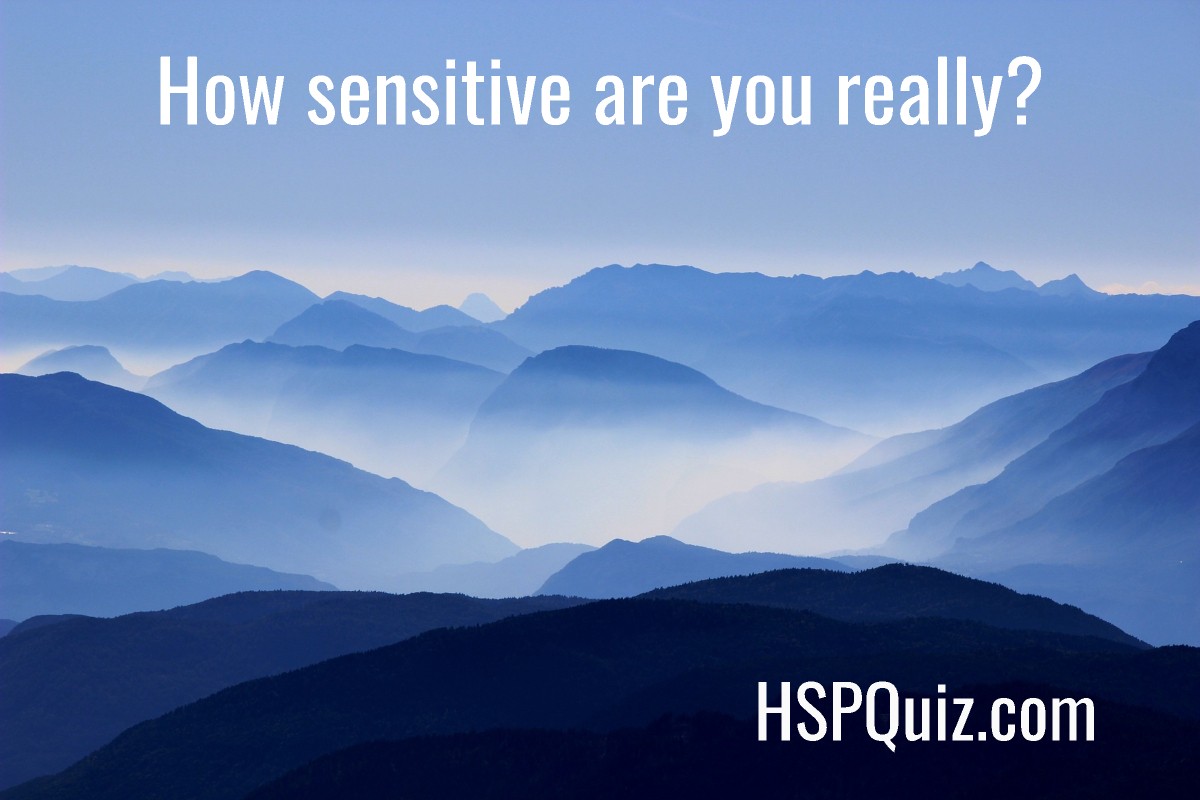
What about Gifted Girls?
During my research, I learned that gifted girls seem to have these kinds of qualities in common:
- Autonomous thinking at an early age
- Readiness of mind
- Vivid imagination (some invent their imaginary friends! It makes them feel less alone.)
- Having friends who are several years or much older
- During puberty, no interest in topics ‘typical for teenage girls’

On superpowers and bliss
In January 2017, I finished the amazing book Enjoying the Gift of Being Uncommon: Extra Intelligent, Intense, and Effective by Willem Kuipers. I had come across him and his website a year earlier and knew immediately that I would reach out to him one day. I hired him as my coach because I needed to understand thoroughly how my Extra Intensity shows and how this is a decisive factor in making life for me difficult—again and again—as well as marvellous—again and again.
In one session, he said, “One of your special strengths is your playful creativity.”
This hit me like a thunderbolt.
You must know that I have been using since 2014 a scientific tool called the VIA Character Strengths to empower my clients. Creativity per se is not one of my Signature Strengths. We were talking about applied ‘childlike playfulness’ with a sense of wonder and joy of exploration that leads to innovation.
Bliss! And then…
Resistance
Why was I scared to death to share publicly what I had found out?
(Now, if the lists above have stirred up something inside you please use your heightened empathy to get why I am “making a fuss about and dramatising a trivial thing”.)
The answer is simple: memories!
Many hurtful, painful, disturbing, and buried memories. (More about this in another article.)
If you, too, have felt like an alien or a minority of one many times in your life – AND if you have successfully managed to hide this – you’ll get me.
And I repeat: because it’s one thing to talk about bright people, bright clients, their struggles and how you can support them. It’s a whole other story to step up and say, “Hey, I’m bright”.
Read here what motivated me to overcome what Steven Pressfield calls ‘Resistance’ in his fabulous book The War of Art.
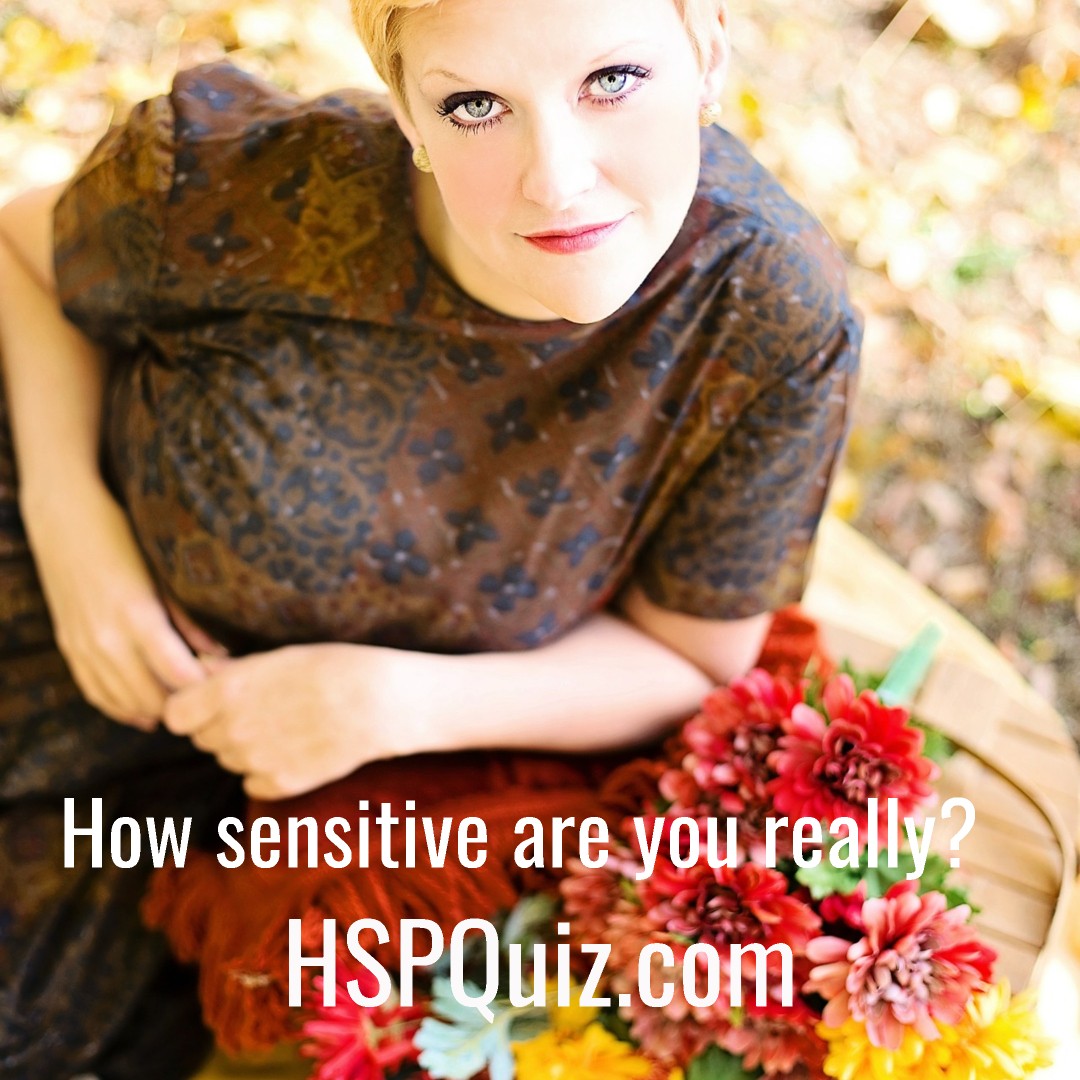
Hey, I’m a tall poppy.
Saying ‘bright’ is a great way to avoid the g-word.
And what I can say for sure today: there is soooooo much misunderstanding and there are so many stereotypes and prejudices around the concept of ‘giftedness’.
While Americans seem slightly obsessed with standing out and ‘making it to the top’—excuse my tendency to exaggerate and simplify —European cultures still rather focus on ‘equal access and chances’, and it’s really not wise to be a wild poppy in a field of daisies.
Have you been asked before what Mary-Elaine Jacobsen, author of The Gifted Adult, calls criticism number one: “Who do you think you are?”
Let’s talk about criticisms in another blog post. I prefer to focus on my solution: I invented an alter ego.
I’d like to introduce you to Patty Muffins. She’s a bit less serious and concerned about almost everything than Patricia. She can talk about things that are too difficult for me to say aloud in the wide world of the internet – at least for now!

Meet Patty Muffins

Patty Muffins is Patricia’s alter ego. Her motto is, “Ponder less and play more.” You may have guessed that she’s quite fond of Mary Poppins (and Pippi Longstocking), who have both been role models for us. Patty knows quite well how it concretely looks and feels like to be ‘Living with Intensity’.
She will also help me write blog posts revealing strategies and tips on thriving rather than surviving as a Gifted Adult. Did you know that there are overlapping challenges for people who have labels like Autistic Spectrum Disorder / Asperger, Attention Deficit Disorder, Bipolar Disorder, Sensory Processing Disorder, and Dyslexia?
Some ‘gifted’ children and adults are so-called Twice-Exceptional, 2E, or even multi-exceptional people. The danger is quite big that they get misdiagnosed as children or that the diagnosis and recognition of their cognitive extra capacities, as well as their difficulties, get missed because they compensate for their troubles with their extra intelligence.
One of the various challenges of eXtra Intensive Persons is a feeling of existential loneliness. Inventing an invisible friend as a child or, later on, an alter ego seems to be one strategy quite a few have adopted to ‘solve’ this. But it’s, of course, much better to actually find other people who don’t fit into a box and who may have harmed themselves and lost their self-esteem while trying to squeeze their multifaceted-shaped peg through a square hole…
Understanding better how having a bright mind impacts your nervous system and body—and vice versa—might also help you learn to love yourself for who you are, harness your sensitivities, and play to your strengths so you can find your place and way to contribute to this world.
The good news is that this extra intensity and hyper-perceptivity also apply to the joy, bliss, and richness of textures, flavours, emotions, or encounters with other beings and nature you may experience.
Do you want to find out if you are a Bright Woman? Take the HSP Quiz.


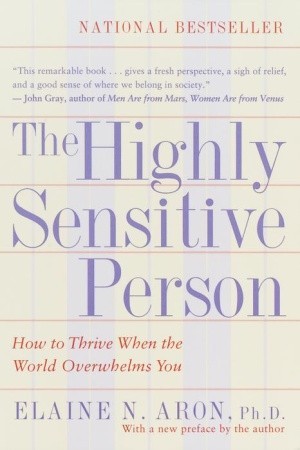
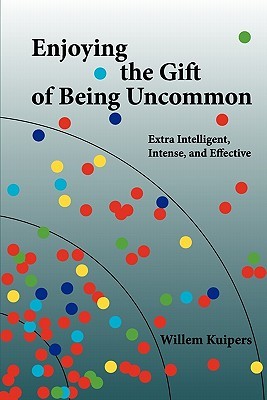
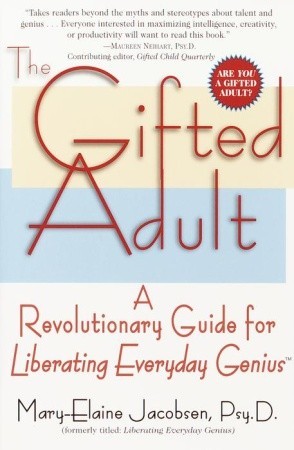
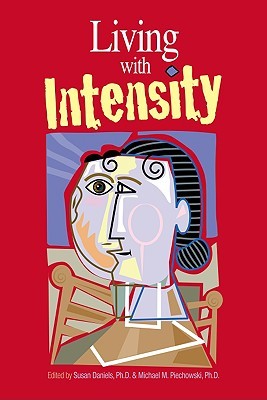



Leave a Reply